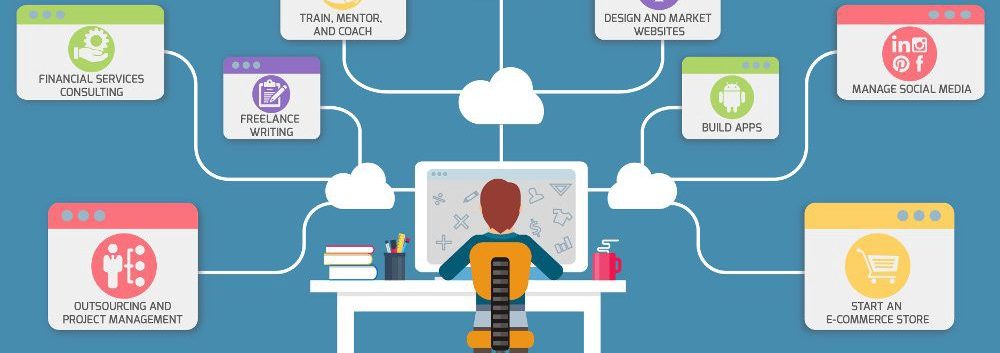The world of e-commerce is constantly evolving, driven by advancements in technology, changing consumer behaviors, and market trends. As we look ahead, several key trends are poised to shape the future of online shopping and revolutionize the e-commerce landscape. In this article, we explore these future trends and their implications for internet shopping.
1. Artificial Intelligence and Personalization
Artificial intelligence (AI) is set to play a significant role in the future of e-commerce, particularly in enhancing the personalization of the online shopping experience. AI-powered algorithms can analyze consumer data, predict preferences, and tailor product recommendations and marketing strategies accordingly. This level of personalization not only enhances customer satisfaction but also boosts conversion rates and fosters customer loyalty, ultimately driving revenue growth for e-commerce businesses.
2. Augmented Reality and Virtual Reality Shopping Experiences
The integration of augmented reality (AR) and virtual reality (VR) technologies into e-commerce platforms is expected to revolutionize the way consumers shop online. These immersive technologies enable shoppers to visualize products in a realistic environment, try on virtual garments, or test out furniture placements in their homes before making a purchase. By delivering interactive and engaging shopping experiences, AR and VR have the potential to reduce the uncertainty of online shopping, increase consumer confidence, and drive higher conversion rates.
3. Mobile Commerce and Progressive Web Apps
With the widespread adoption of smartphones and tablets, mobile commerce (m-commerce) is projected to continue its rapid growth trajectory. E-commerce businesses are increasingly focusing on optimizing their websites for mobile devices and developing progressive web apps (PWAs) to provide seamless and responsive shopping experiences on mobile platforms. The convenience of shopping on-the-go, coupled with improved mobile payment solutions, is reshaping consumer preferences and behaviors, making mobile commerce a key driver of online sales in the future.
4. Sustainable and Ethical E-commerce Practices
As environmental and social issues gain prominence in the global consciousness, consumers are increasingly seeking out sustainable and ethically sourced products when shopping online. E-commerce businesses are responding to this trend by adopting eco-friendly practices, reducing carbon footprints, and offering transparent information on product sourcing and manufacturing processes. By aligning with consumer values and demonstrating a commitment to sustainability, e-commerce brands can differentiate themselves in the market, build trust with consumers, and drive brand loyalty.
5. Voice Commerce and Conversational Shopping
The rise of voice-activated virtual assistants, such as Amazon Alexa and Google Assistant, is paving the way for voice commerce to become a mainstream shopping channel in the future. Voice-activated devices enable hands-free shopping experiences, allowing consumers to place orders, reorder products, and receive personalized recommendations through voice commands. E-commerce businesses that optimize their platforms for voice search and conversational shopping stand to benefit from increased convenience, streamlined transactions, and enhanced customer engagement.
The future of e-commerce is brimming with exciting possibilities, driven by advancements in technology and evolving consumer preferences. By recognizing and embracing these future trends, e-commerce businesses can stay ahead of the curve, adapt to changing market dynamics, and capitalize on emerging opportunities to enhance the internet shopping experience for consumers around the world. As we navigate the evolving e-commerce landscape, innovation, adaptability, and a customer-centric approach will be key to success in the digital marketplace of tomorrow.





